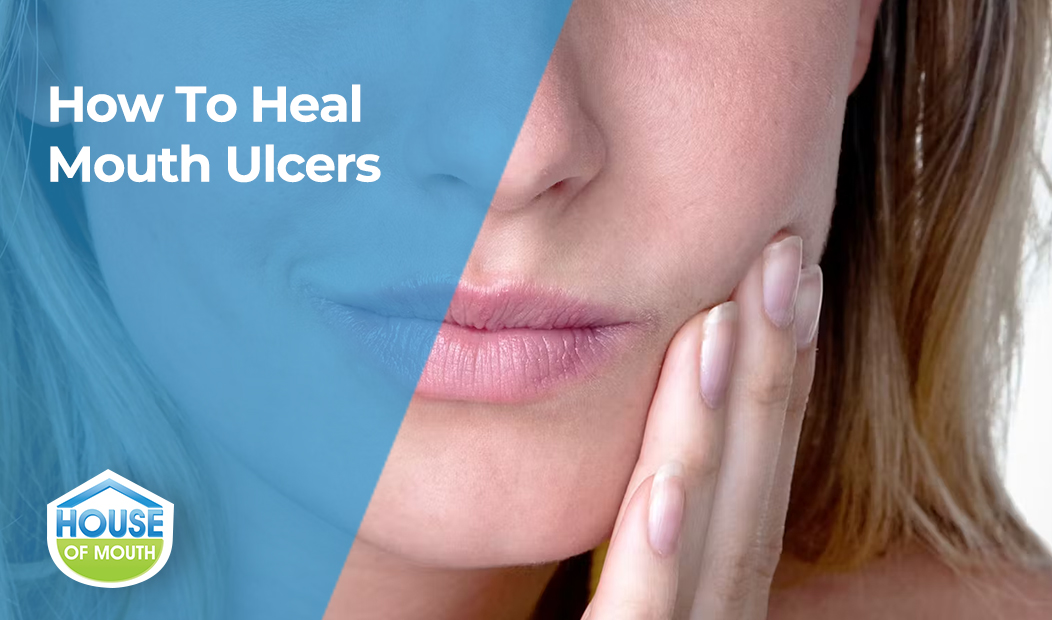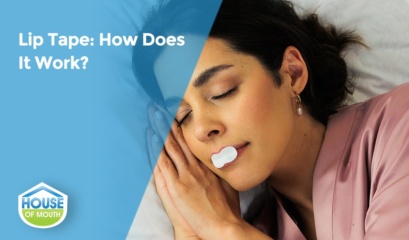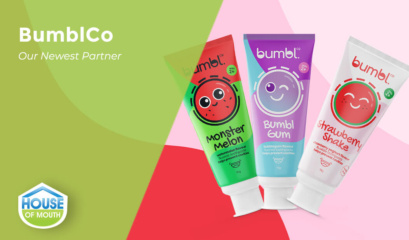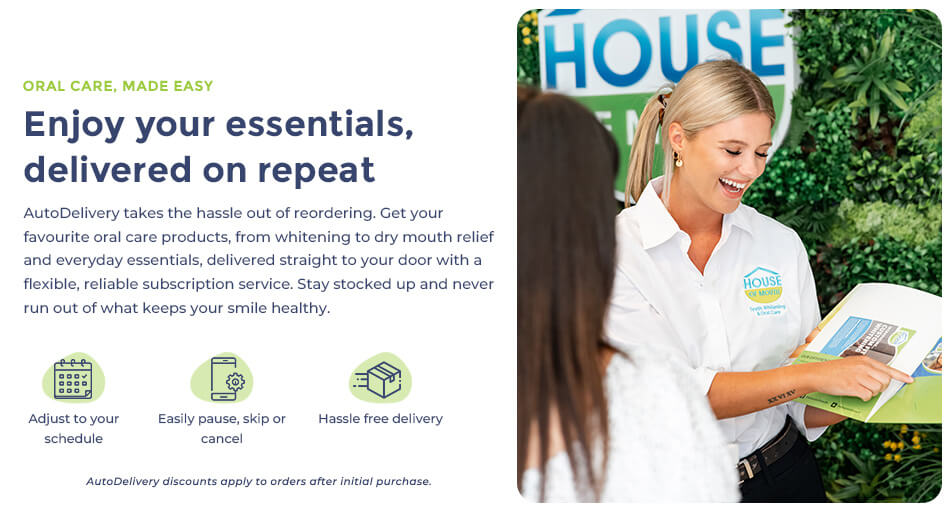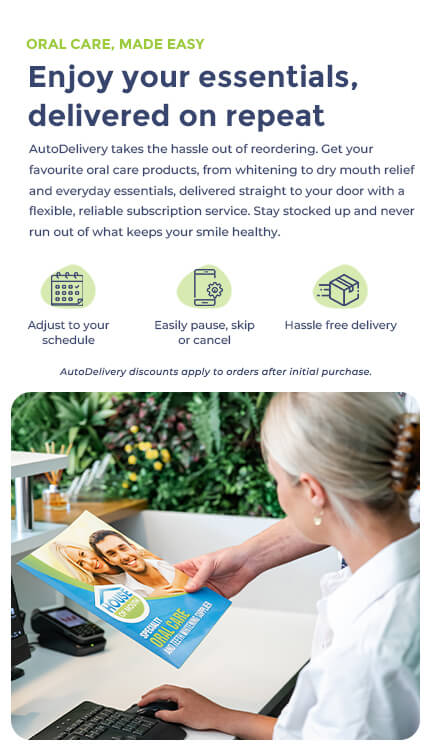At first glance, mouth ulcers may seem minor and harmless, but in reality, they can turn everyday activities like eating, drinking, and speaking into painful challenges.
Lets explore the different types of mouth ulcers, their healing times, effective home treatments to help soothe them, and preventive measures to help you maintain better oral health.
So, What is a Mouth Ulcer?
A mouth ulcer, commonly known as a canker sore, is a small, painful lesion that develops on the soft tissues inside your mouth or at the base of your gums. These ulcers are usually round or oval with a white, yellow, or grey centre surrounded by a red, inflamed border. They can appear on the inner cheeks, lips, tongue, floor of the mouth, and the roof of the mouth. Mouth ulcers vary in size and can occur singly or in clusters.
What Causes Mouth Ulcers and Their Symptoms?
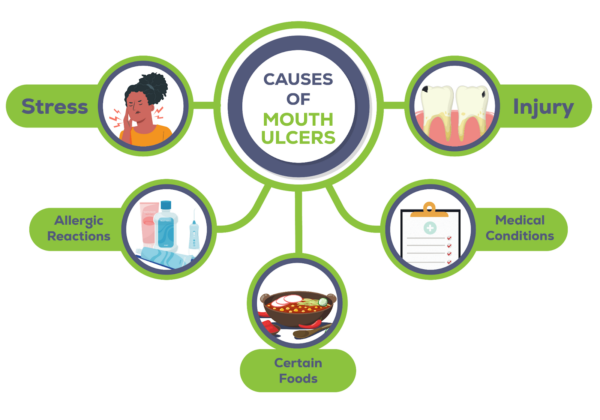
Stress
High levels of stress and anxiety can weaken your immune system, making you more prone to developing mouth ulcers.
Injury
Accidental bites, sharp or broken teeth, ill-fitting dentures, or braces can cause physical trauma to the inside of your mouth, leading to ulcers.
Certain Foods
Acidic, spicy, or salty foods can irritate the mouth’s soft tissues, triggering the formation of ulcers. Common culprits include citrus fruits, tomatoes, and spicy dishes.
Medical Conditions
Underlying health issues such as celiac disease, Crohn’s disease, and vitamin deficiencies (especially B12, zinc, and iron) can increase the likelihood of mouth ulcers.
Additionally, hormonal changes during menstruation or pregnancy can also contribute.
Allergic Reactions
Some people may develop mouth ulcers as a reaction to certain oral care products or foods.
Symptoms of Mouth Ulcers include
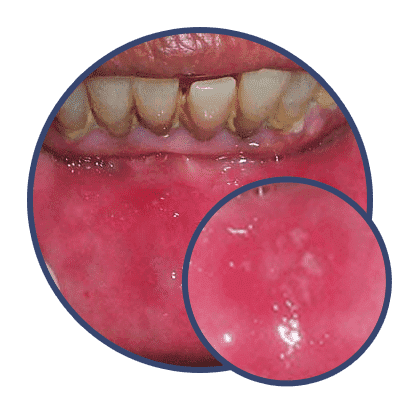
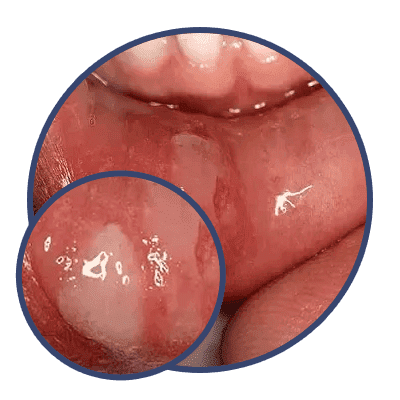
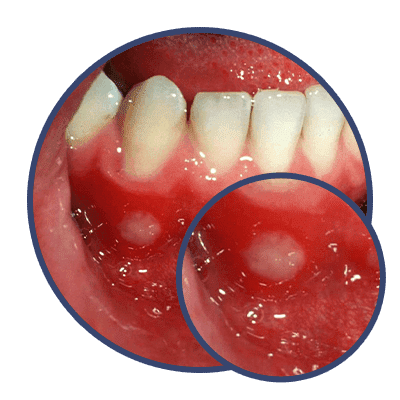
- Pain, the most common symptom, often exacerbated by eating, drinking, or speaking.
- Swelling, the area around the ulcer may be swollen and inflamed.
- Difficulty Eating or Speaking, pain and swelling can make it challenging to eat, drink, and talk comfortably.
- Redness, the area around the ulcer is typically red and inflamed.
- Sensitivity, affected areas may be sensitive to spicy, acidic, hot or salty foods.
How Long Do Mouth Ulcers Take to Heal?
Typical Healing Times for Different Types of Ulcers
Minor Ulcers (Canker Sores)
These are the most common types of mouth ulcers. They typically heal within one to two weeks without scarring.
Major Ulcers
Larger and deeper than minor ulcers, these can take several weeks to heal and may leave scars.
Herpetiform Ulcers
Comprising clusters of small sores, these ulcers generally heal within one to two weeks without scarring.
Factors That Can Influence Healing Time
- Severity of the Ulcer
- Individual Health Conditions
- Oral Hygiene
- Stress Levels
- Diet
How You Can Help Mouth Ulcers to Heal
Home Treatment That Soothe Mouth Ulcers
- Salt Water Rinses.
Rinse your mouth with a solution of warm water and salt several times a day. This can help reduce inflammation and promote healing. - Baking Soda Paste.
Make a paste using baking soda and a small amount of water. Apply it directly to the ulcer to neutralise acids and soothe irritation. - Over-the-Counter Treatments.
Use over-the-counter treatments like mouth ulcer gels, antiseptic rinses, and pain-relieving lozenges to alleviate pain and speed up healing. - Topical Gels and Ointments.
Apply topical gels and ointments designed for mouth ulcers. These can create a protective barrier over the ulcer, reducing pain and preventing further irritation. - Avoiding Spicy and Acidic Foods.
Steer clear of spicy, acidic, or rough foods that can irritate the ulcer and exacerbate pain.
Importance of Maintaining Good Oral Hygiene
Keeping your mouth clean is essential for preventing infections and promoting healing. Brush your teeth gently with a soft-bristled toothbrush, floss regularly, and use an antibacterial mouthwash to keep bacteria at bay.
When to Seek Professional Medical Advice
If your mouth ulcers persist for more than two weeks, are unusually large, or are accompanied by severe pain, fever, or difficulty swallowing, it’s important to seek professional medical advice. Persistent or severe ulcers may indicate an underlying health issue that requires treatment.
How You Can Prevent Mouth Ulcers
Stress Management Techniques
Practice stress-reducing activities such as yoga, meditation, and deep-breathing exercises.
Ensure you get adequate sleep and engage in regular physical activity to keep stress levels in check.
Avoiding Foods That Trigger Ulcers
Identify and avoid foods that tend to trigger ulcers, such as spicy, acidic, or salty foods.
Limit consumption of citrus fruits, tomatoes, and other acidic foods that can irritate the mouth’s soft tissues.
Maintaining a Healthy Diet Rich in Vitamins
Eat a balanced diet that includes plenty of fruits, vegetables, whole grains, and lean proteins.
Ensure you get enough vitamins and minerals, particularly vitamin B12, zinc, folic acid, and iron, to support oral health.
Using a Soft-Bristled Toothbrush and Avoiding Oral Trauma
Brush your teeth gently with a soft-bristled toothbrush to prevent damage to your gums and oral tissues. Avoid brushing too hard or using a toothbrush with stiff bristles that can cause trauma.
Be careful when eating to avoid accidentally biting the inside of your mouth.
Regular Dental Check-Ups
Schedule regular dental check-ups to monitor your oral health and address any issues early.
Professional cleanings can help remove plaque and tartar, reducing the risk of mouth ulcers.
Take Control of Your Oral Health Today
Taking proactive steps to manage and prevent mouth ulcers can significantly improve your oral health and comfort. At The House of Mouth, we offer a variety of products designed to help treat and prevent mouth ulcers, from antiseptic rinses to soft-bristled toothbrushes.
Explore our range of oral care products today to find the perfect solutions for your needs. For personalised advice and further guidance, don’t hesitate to contact your dental professional.


